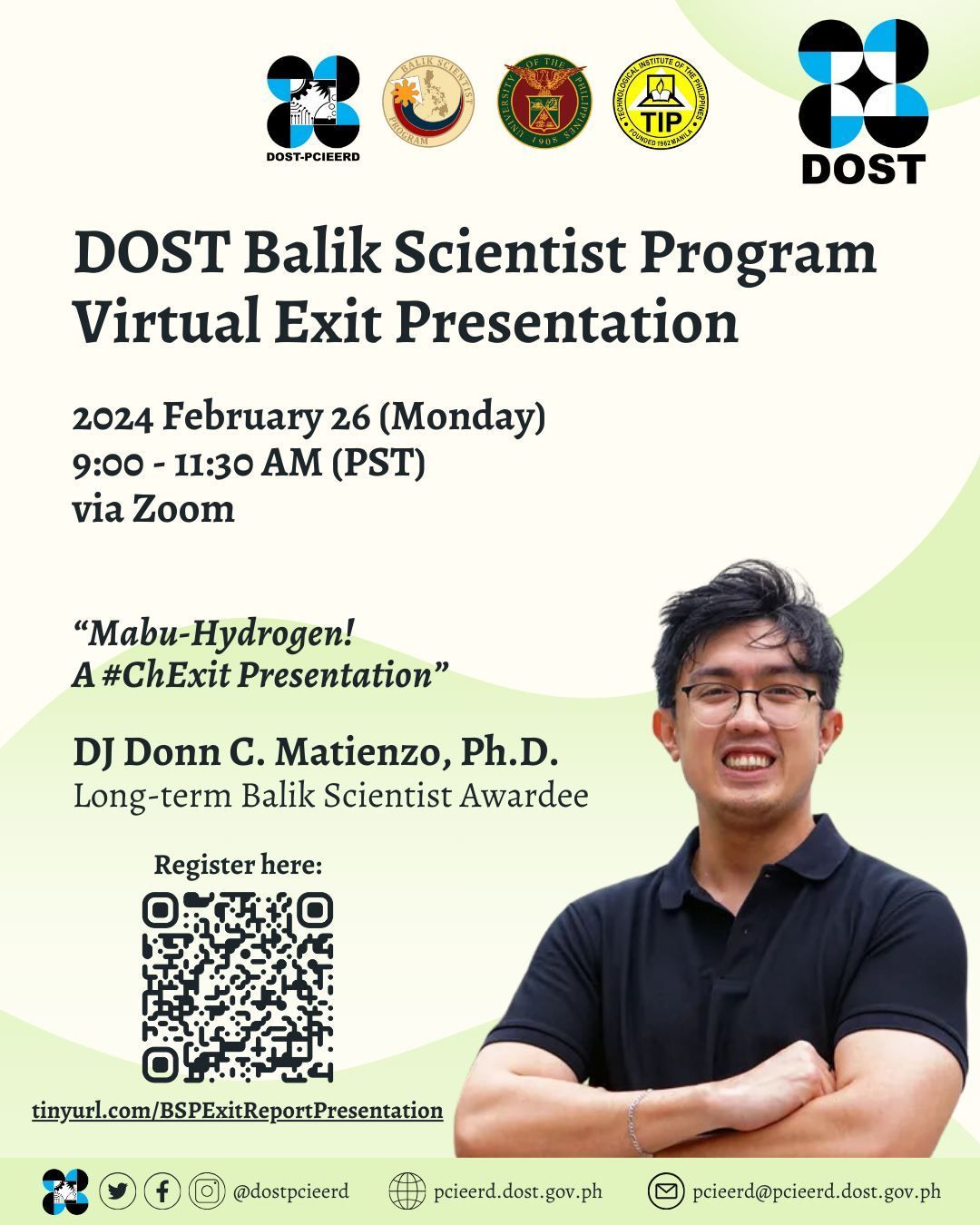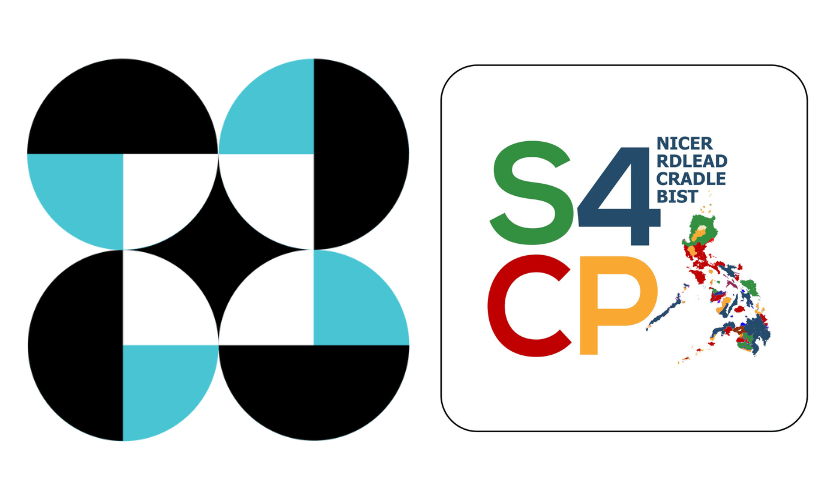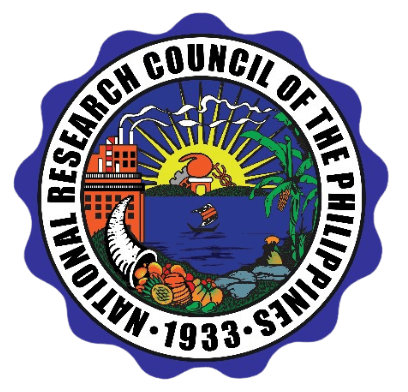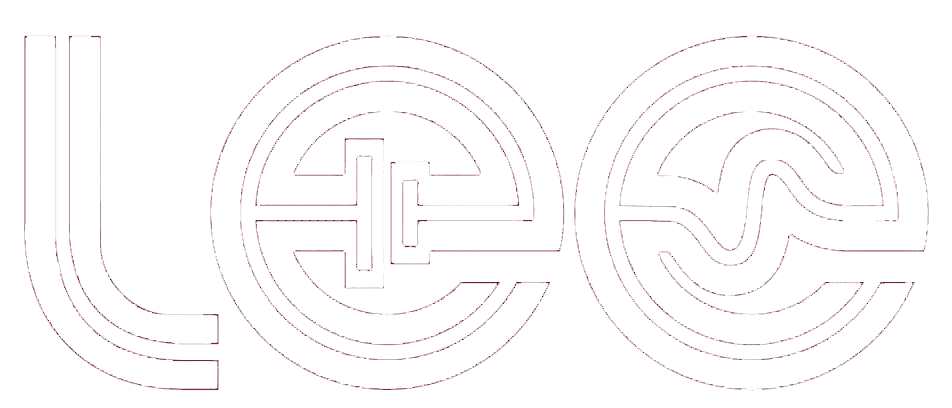Welcome to the UP Diliman
Laboratory of Electrochemical Engineering (LEE)
The Laboratory of Electrochemical Engineering (LEE), one of the most active research laboratories in the University of the Philippines, is among the few research groups in the country dedicated to the development of electrochemical energy conversion and storage systems.
Watch our short AVP to learn more about what we do in LEE!
ONGOING PROJECTS
-
PEOPLE OF LEE
Meet the members
Latest news
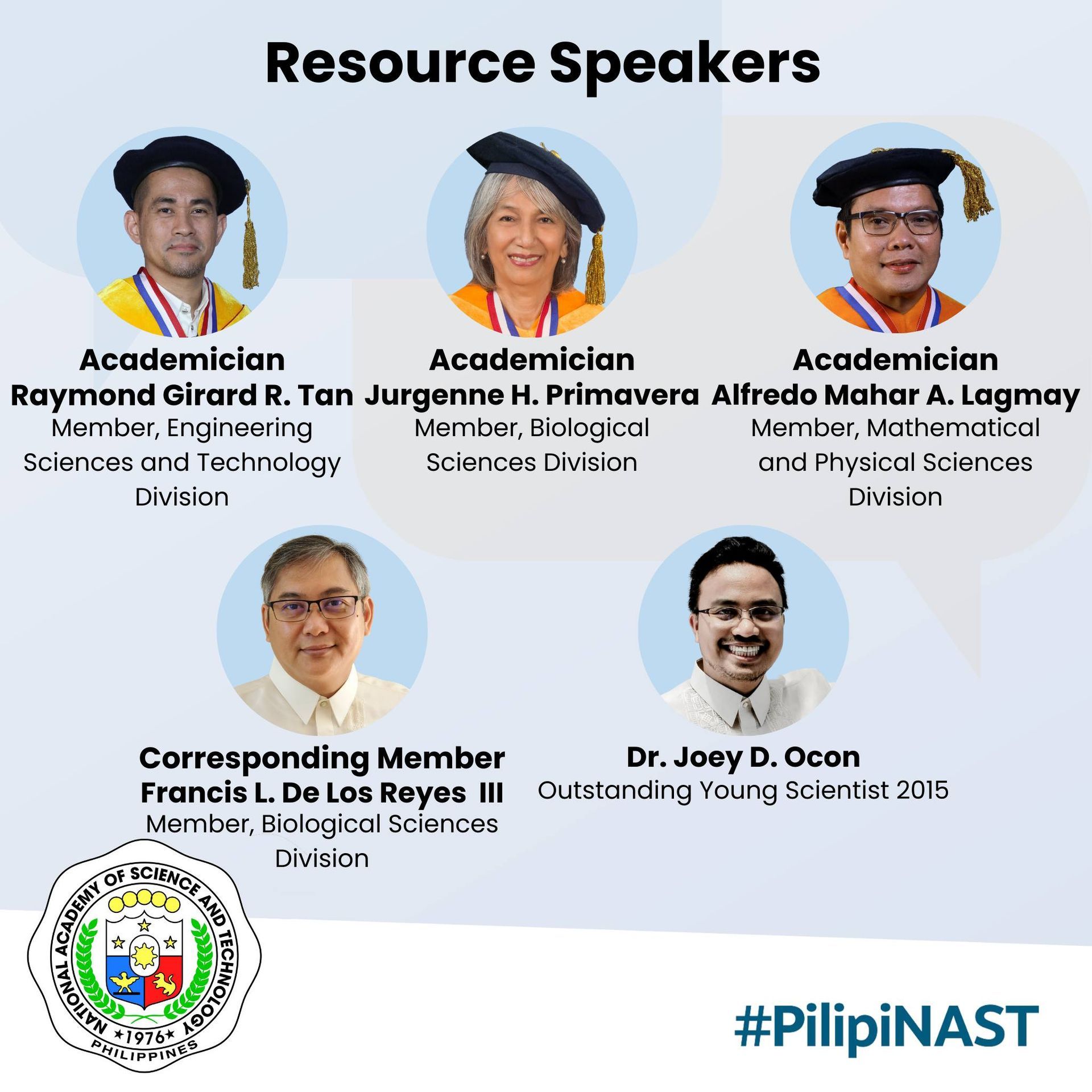
By Mecaelah Palaganas
•
12 Apr, 2024
The National Academy of Science and Technology Philippines (NAST PHL) conducted a three-part webinar series on the Innovations for Human and Planet Health and Security to promote open innovation and collaboration as a defining factor of socio-economic development. Highly esteemed NAST members of the representative divisions of various fields in science, awardees, and experts were invited to tackle the current innovation ecosystem of the Philippines and the innovative solutions that address food security and climate change. Aimed to promote multidisciplinary discourse and partnerships, the event was participated by researchers, policymakers, government officials, and the general public. Among the prestigious roster of resource speakers was Prof. Joey D. Ocon who delivered his talk on “Next Generation Batteries and Green Hydrogen with Renewables: Opportunities in the Clean Energy Transition” during the third segment of the NAST PHL Innovation Series. Prof. Ocon shared insights on the crucial role of energy storage technologies in the transition to renewable energy sources and the scalability of energy systems that can help satisfy the energy demand in the country. As part of the vertically-integrated R&D agenda of the Laboratory of Electrochemical Engineering (LEE), he also introduced water electrolyzer technologies involved in the production of Green Hydrogen. Moreover, the research facilities in LEE such as the CHED-LAKAS funded Hydrogen as Vector for Energy (HyVE) Research Facility and the DOST-NICER funded Advanced Batteries Center, both of which are first of its kind within the country, were highlighted as well as their capabilities and future endeavors. In the area of commercialization, Prof. Ocon discussed the multi-scale approach of the startup Nascent Technologies Corporation and its mission on industrial decarbonization by providing technologies and solutions for various energy storage applications. Through information dissemination in his thematic talk, more innovators and collaborators can come forward in support of the vision of the ongoing projects led by Prof. Ocon and devise integrative innovations that can contribute to the clean energy transition in the Philippines. Reference: https://nast.dost.gov.ph/index.php/13-news-press-releases/752-nast-phl-to-conduct-webinar-series-on-innovations-for-food-security-climate-change
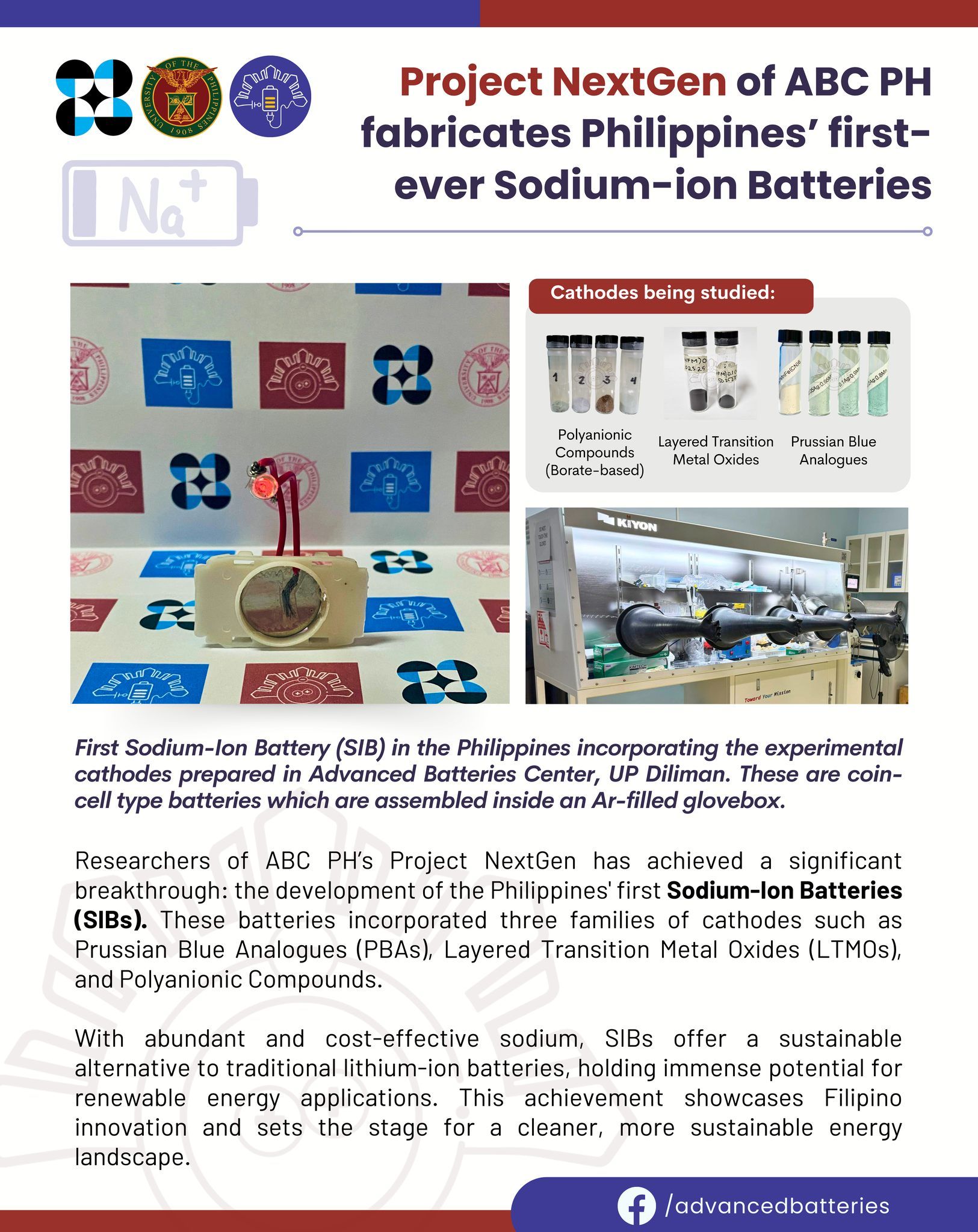
By Mecaelah Palaganas
•
20 Mar, 2024
Researchers of 𝗔𝗕𝗖 𝗣𝗛’𝘀 𝗣𝗿𝗼𝗷𝗲𝗰𝘁 𝗡𝗲𝘅𝘁𝗚𝗲𝗻 has achieved a significant breakthrough: the development of the 𝐏𝐡𝐢𝐥𝐢𝐩𝐩𝐢𝐧𝐞𝐬' 𝐟𝐢𝐫𝐬𝐭 𝐒𝐨𝐝𝐢𝐮𝐦-𝐈𝐨𝐧 𝐁𝐚𝐭𝐭𝐞𝐫𝐢𝐞𝐬 (𝐒𝐈𝐁𝐬). These batteries incorporated three families of cathodes such as 𝙋𝙧𝙪𝙨𝙨𝙞𝙖𝙣 𝘽𝙡𝙪𝙚 𝘼𝙣𝙖𝙡𝙤𝙜𝙪𝙚𝙨 (𝙋𝘽𝘼𝙨), 𝙇𝙖𝙮𝙚𝙧𝙚𝙙 𝙏𝙧𝙖𝙣𝙨𝙞𝙩𝙞𝙤𝙣 𝙈𝙚𝙩𝙖𝙡 𝙊𝙭𝙞𝙙𝙚𝙨 (𝙇𝙏𝙈𝙊𝙨), 𝙖𝙣𝙙 𝙋𝙤𝙡𝙮𝙖𝙣𝙞𝙤𝙣𝙞𝙘 𝘾𝙤𝙢𝙥𝙤𝙪𝙣𝙙𝙨. With abundant and cost-effective sodium, SIBs offer a sustainable alternative to traditional lithium-ion batteries, holding immense potential for renewable energy applications. This achievement showcases 𝗙𝗶𝗹𝗶𝗽𝗶𝗻𝗼 𝗶𝗻𝗻𝗼𝘃𝗮𝘁𝗶𝗼𝗻 and sets the stage for a cleaner, more sustainable energy landscape. --- 𝗔𝗱𝘃𝗮𝗻𝗰𝗲𝗱 𝗕𝗮𝘁𝘁𝗲𝗿𝗶𝗲𝘀 𝗖𝗲𝗻𝘁𝗲𝗿 𝗣𝗵𝗶𝗹𝗶𝗽𝗽𝗶𝗻𝗲𝘀 (𝗔𝗕𝗖 𝗣𝗛) is a collaborative R&D program between Technological Institute of the Philippines (TIP) and University of the Philippines Diliman (UPD) funded by the Department of Science and Technology (DOST) through DOST-Science for Change Program. The three projects under this program focus on innovating different battery chemistries. The 𝗡𝗲𝘅𝘁𝗚𝗲𝗻 𝗣𝗿𝗼𝗷𝗲𝗰𝘁 aims to develop advanced cathode materials for next-generation batteries. The 𝗥𝗘𝗕𝗖𝗲𝗹𝗹 𝗣𝗿𝗼𝗷𝗲𝗰𝘁 targets to renew the Edison Battery using advanced cell architecture. 𝗔𝗟𝗔𝗕-𝗘𝗨 𝗣𝗿𝗼𝗷𝗲𝗰𝘁 pursues to develop advanced lead acid batteries with embedded ultrasonics.
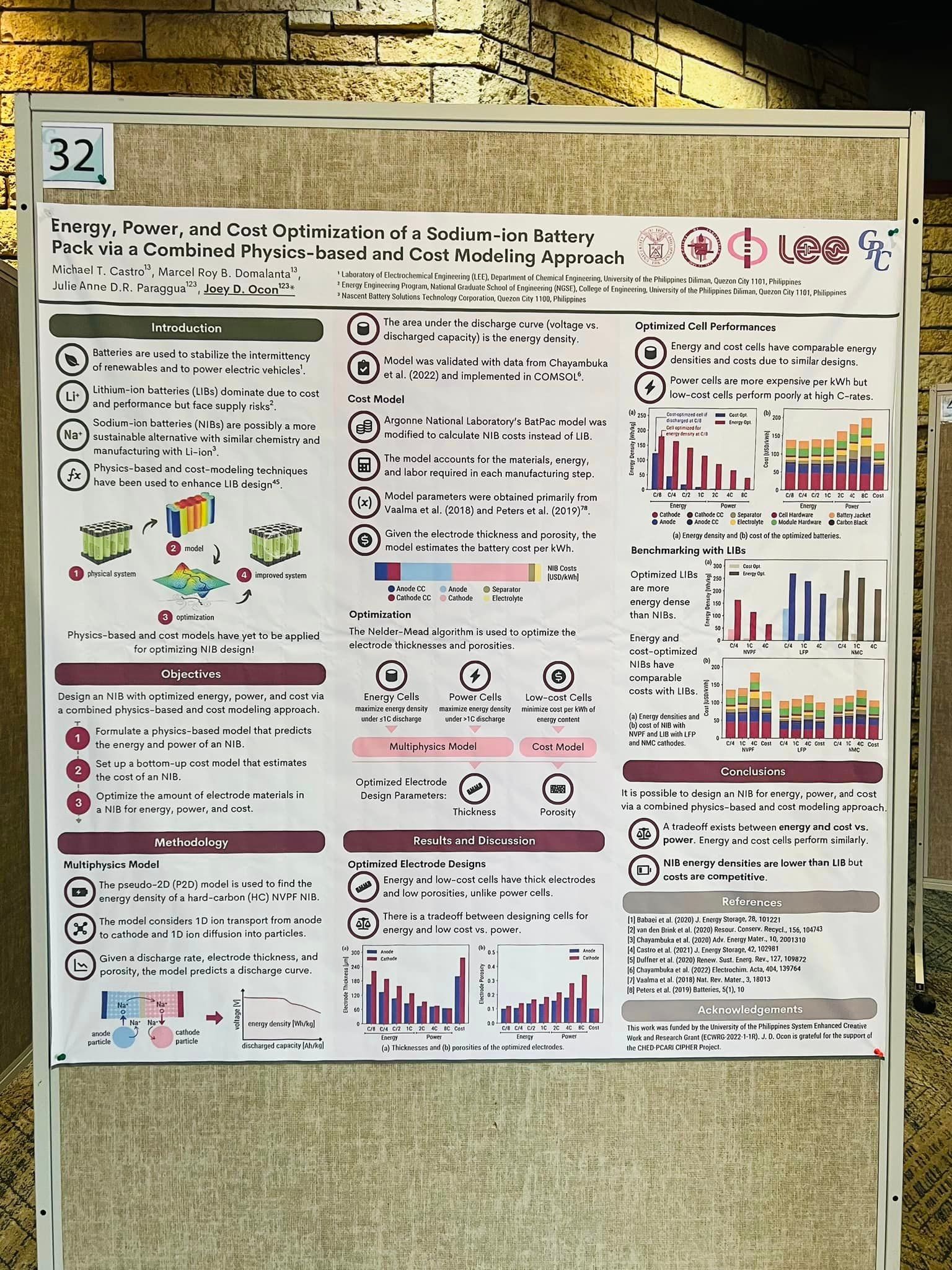
By Mecaelah Palaganas
•
09 Mar, 2024
Prof. Joey D. Ocon attends the 2024 Gordon Research Conferences last February 25 - March 1, 2024 in Ventura, California, United States. He presented their work titled, "Energy, Power, and Cost Optimization of a Sodium-ion Battery Pack via a Combined Physics-based anc Cost Modeling Approach" , co-authored by Asst. Prof. Michael Castro, Engr. Marcel Roy Domalanta, Assoc. Prof. Julie Anne DR. Paraggua, and Prof. Ocon. The Batteries GRC is a premier platform for scientific exchange, bringing together leading minds from around the world to present cutting-edge and previously unpublished research. The conference format, which emphasizes collaboration and innovation, provides ample time for in-depth discussions following each presentation, facilitating the exchange of ideas and the exploration of new frontiers in battery science.
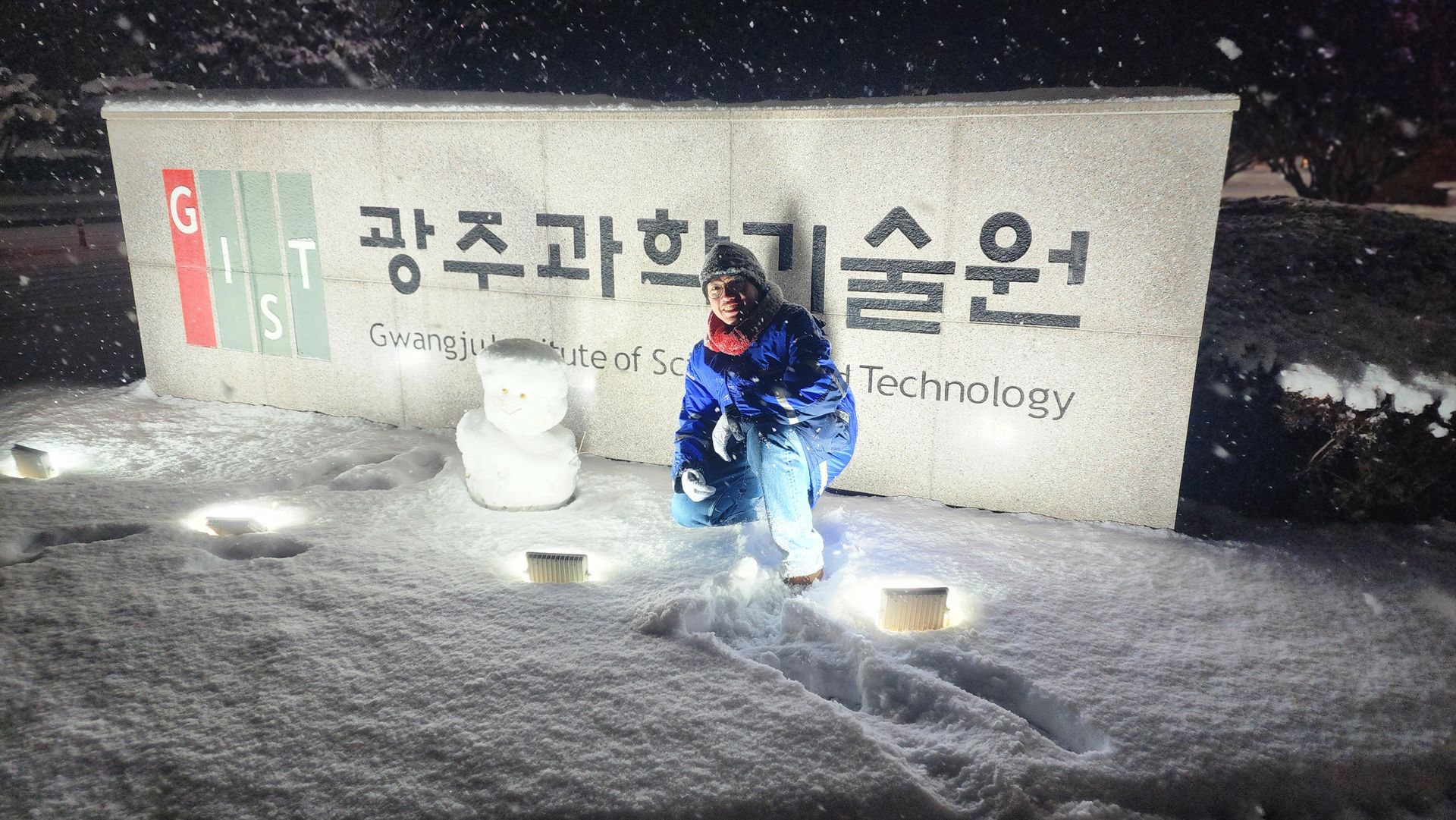
By Mecaelah Palaganas
•
09 Mar, 2024
Giancarlo Sanglay , a Research Fellow (RF) of the CIPHER Project, is undertaking a research internship hosted by the Electrochemical Reaction and Technology Laboratory (ERTL) of the School of Earth Science and Environmental Engineering, Gwangju Institute of Science and Technology (GIST) in South Korea. The internship coincides with the winter break of the institute, as the RF is visiting from January 2 to February 29, 2024. Brr cold. He is being mentored by MS student Mokyeon Cho and Professor Jaeyoung Lee on the topic of electrochemical Nitrogen Reduction Reaction (NRR). Their research work is focused on the experimental development of NRR catalysts. The internship is a good opportunity for the research fellow to interact with fellow researchers from different countries and to refine his skills and knowledge. The experience is valuable to improving his abilities to perform his duties in researching electrocatalyst materials in the CIPHER Project.
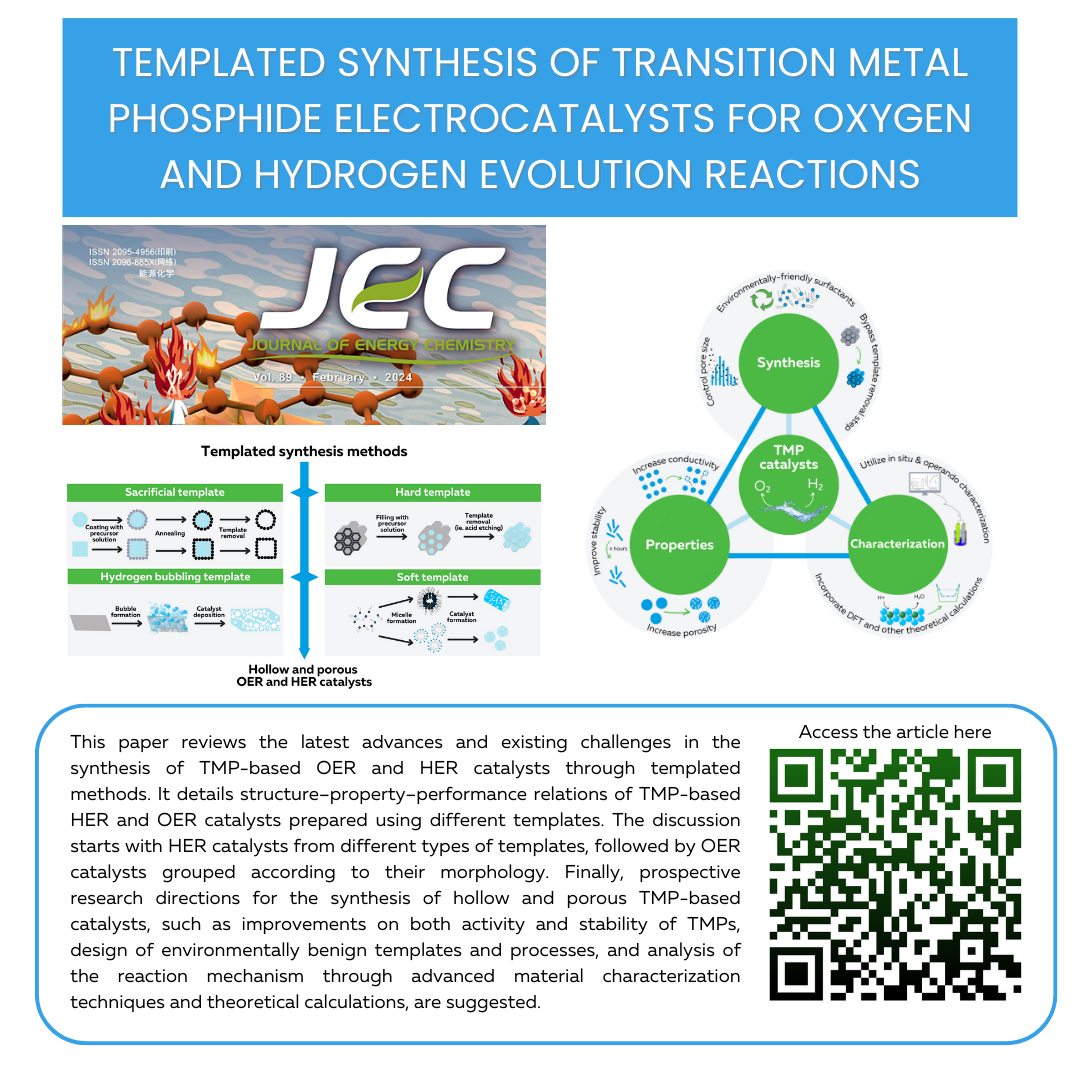
CIPHER Publishes a JEC Review Paper on Templated Synthesis Advancements for OER/HER Electrocatalysts
By Mecaelah Palaganas
•
29 Feb, 2024
Project CIPHER has recently published an article titled “Templated synthesis of transition metal phosphide electrocatalysts for oxygen and hydrogen evolution reactions” . The publication was a collaboration among research fellows— Rose Anne Acedera, Alicia Theresse Dumlao, Dr. Maricor Divinagracia-Luzadas, and Dr. DJ Donn Matienzo, and project staff —Prof. Joey Ocon, Asst. Prof. Julie Anne Paraggua, and Prof. Po-Ya Abel Chuang. The review article was published in Elsevier’s Journal of Energy Chemistry on November 8, 2023. In this review, different synthesis techniques resulting in specialized morphologies of transition metal phosphide (TMP) material catalysts for water electrolysis were discussed, detailing the methodologies followed and the resulting catalyst’s structure, morphology, and electrochemical performance for OER and HER. A comparison of these templated synthesis methods was also presented by explaining each template's different advantages and limitations. Perspectives on the design, synthesis, and evaluation through materials characterization, theoretical calculations, and electrochemical activity and stability of hollow and porous OER and HER catalysts were also suggested. Specifically, the use of hydrogen bubbles as a template was recommended to simplify synthesis while still prioritizing catalyst activity and stability. You may access the article here: https://doi.org/10.1016/j.jechem.2023.10.044 — The authors would like to acknowledge the Commission on Higher Education - Philippine California Advanced Research Institutes (CHED-PCARI) through the Project CIPHER (Clean and Vertically-Integrated Pure/Applied Hydrogen Energy Research for Next Generation Power Systems) (IIID 2018-008).
UPCOMING EVENTS
FUNDING AGENCIES
-
University of the Philippines
ButtonOffice of the Vice President for Academic Affairs
-
DOST S4CP
ButtonDepartment of Science and Technology - Science for Change Program
-
CHED-PCARI
ButtonCommission on Higher Education
Philippine-California Advanced Research Institutes
-
DOST-PCIEERD
ButtonPhilippine Council for Industry, Energy and Emerging Technology Research and Development
-
DOST-NRCP
ButtonNational Research Council of the Philippines
-
DOST-NAST
ButtonNational Academy of Science and Technology
-
UKRI
ButtonUK Research and Innovation
ERDT
Engineering Research and Development for Technology




